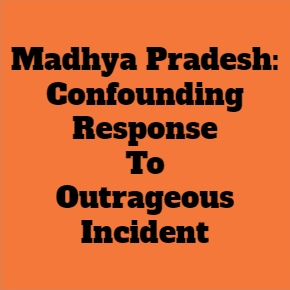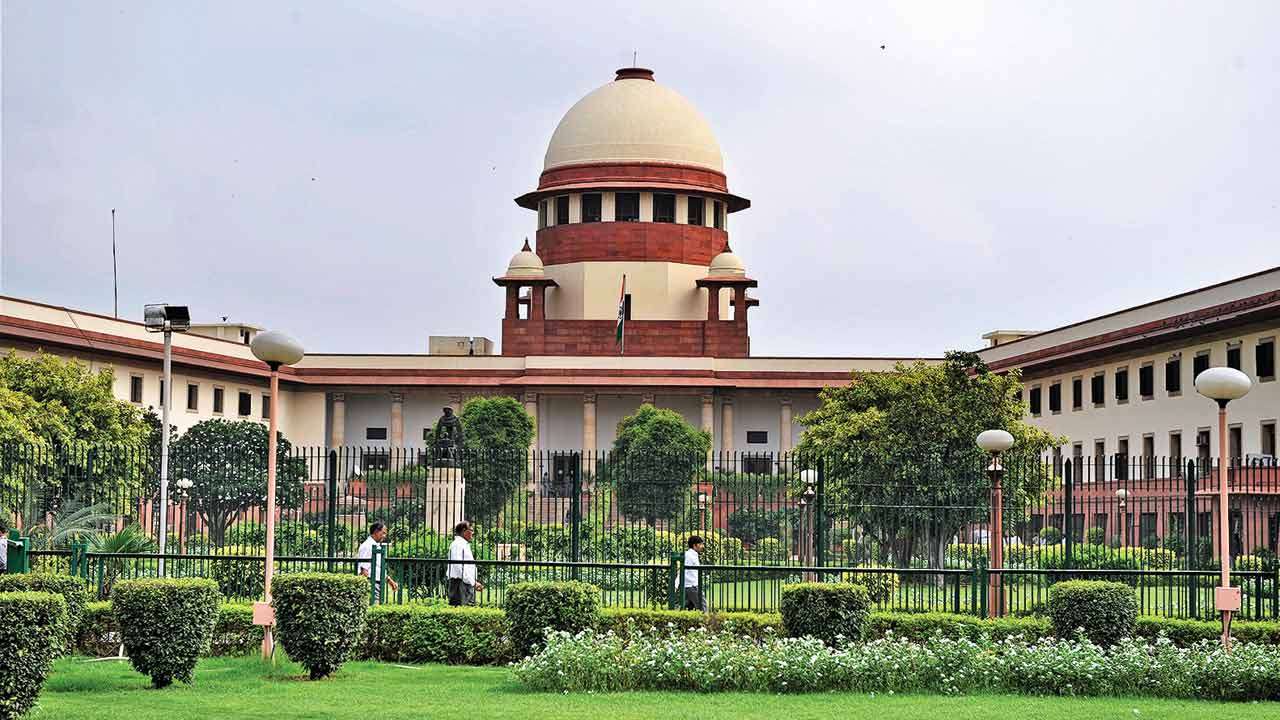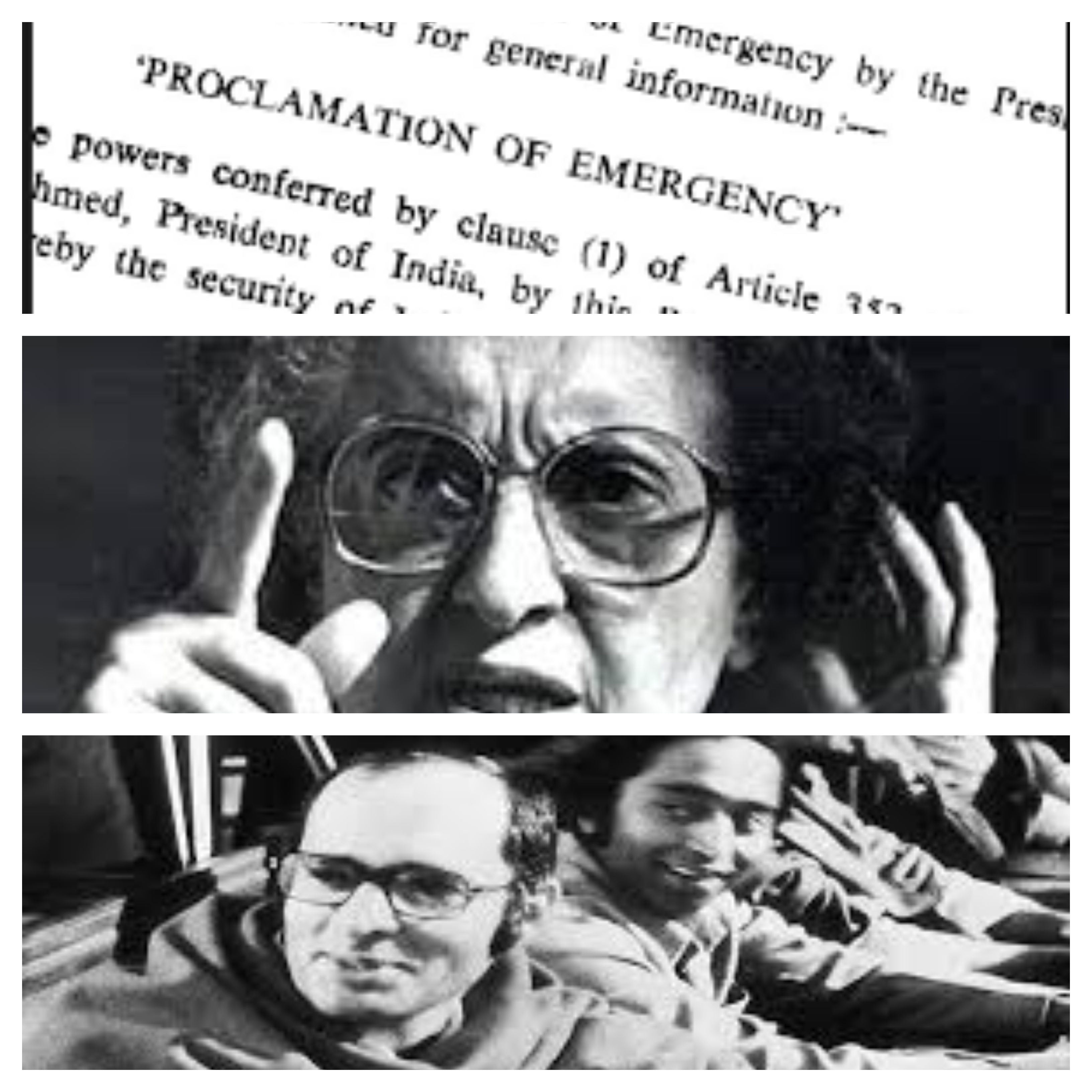

By Our Editorial Team
First publised on 2023-07-08 06:53:18
Madhya Pradesh chief minister Shivraj Singh Chouhan is a seasoned politician. He must be aware of the fact that washing the feet of the tribal on whom a Brahmin (the offender is alleged to be an aide of a BJP MLA) had urinated was just optics. The real solution lay in handing out exemplary punishment to the offender under the appropriate Act to set an example and deter others from carrying out such outrageous acts. This is where the MP government made a series of confounding mistakes. It chose to prosecute the offender under the National Security Act. When a separate and comprehensive Act, the SC&ST (Prevention of Atrocities) Act, exists to prosecute such crimes, what was the need to proceed under the NS Act? Then, as has become the practice in UP, MP and Assam, the government, unconstitutionally and by becoming judge, jury and executioner, went on to demolish the house of the offender, rendering his family homeless for the offence he had committed. Which Act in India gives power to the government to punish an entire family for the crime committed by one of its members? Further, when the nation is grappling with introducing a law to prevent mob justice, does it behove a government to dish out instant justice of this illegal kind?
Although it is a fact that the conviction rate under the SC/ST Act is nowhere near the desired level but that is mainly due to shoddy investigation. In this case, it was required for the MP government to carry out a proper investigation and get the offender punished under the stringent provisions of the said Act. That would have raised the confidence level in tribal communities and would have deterred others. But bulldozing the house of the offender is unjust and is likely to antagonize many voters.
The SC/ST Act was necessitated as atrocities are regularly committed against Dalits and tribals. The fact that the atrocities have not stopped despite the Act does not mean it has not been effective as a deterrent. It only means that administrations have not been able to implement the Act properly and the investigative agencies have not been able to build water-tight cases against the accused. The need is to rectify systemic shortcomings rather than fail to apply the Act in such cases, the one in MP being a prime example.











